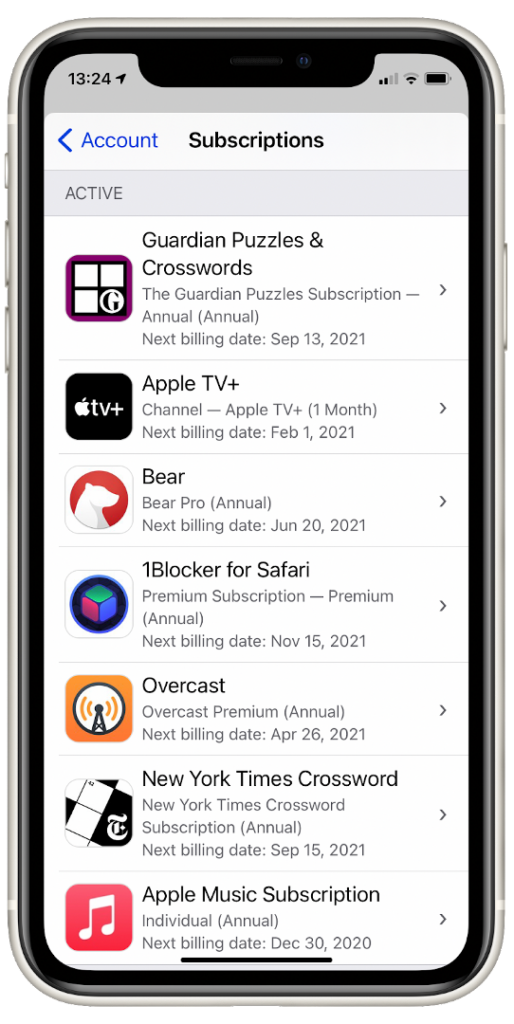Subscriptions are mutually beneficial for consumers and businesses, though friction may still exist behind the scenes:
Gary Mortimer, an associate professor from QUT Business School, says [the subscription economy] is a symbiotic relationship.
It’s a win for the consumer, who — when dragging a trolley through fluorescent neon aisles — doesn’t want to have to think about replenishing mundane, recurring items, such as cleaning products, personal-hygiene products and even toilet paper.
“Those types of staple products that we always need and always tend to run out of work really well as a subscription service… it just turns up at the door,” Dr Mortimer says.
And it’s a win for the business because they are fostering a relationship with the customer — nurturing and ensuring extended loyalty — and providing a predictable, recurring source of revenue.
Perhaps the most common and most-often-forgotten subscription is that of the ubiquitous mobile phone and the role it plays in facilitating external subscriptions via apps.
Apple has 1.4 billion devices in circulation, with 1 billion active users. Technology commentator and app developer Peter Marks says 120 million of those Apple users are subscribing to something.

You may not realize that when you purchase a subscription via an app bought in the App Store, “Apple takes a 30 per cent cut of that… and 15 per cent… year on year after that.”
That translates to a lot of money for Apple.
“That of course upsets some of the subscription businesses, who feel that while Apple adds value with making it easy to get the app the first time, once that’s done, their relationship is really between the consumer and the content maker,” Mr Marks says.
He says Apple may have pocketed up to $256 million last year from its cut of the Netflix iOS app — 2018’s top-grossing app. Netflix has since ended that arrangement, and has stopped new customers from using Apple’s payment system.
While industry may yet grapple with the mechanics, Mr Marks says: “The future is subscriptions.” (Hays & Pepper, 2019, paras. 13-16, 42-44, 47-51, 56)
This article states subscriptions are a symbiotic relationship between businesses and consumers, which I believe, but I don’t know if the harmonious connection they’re trying to thread is as realistic.
I’m not fully convinced by their perspective that when a consumer is shopping, they don’t want to have to think about replenishing recurring necessities like toilet paper or cleaning products. I hope to think of those things as that’s what I’m there for, opposed to frivolously spending on the things I want. The man who argues this pro-subscription consumer perspective is a professor at a business school. I understand what he is getting at, but not surprising, I find his business perspective to ring truer.
He says subscriptions are a benefit for businesses as they nurture and ensure extended loyalty. I believe they do offer this predictive income, but with a recurring payment, does it nurture loyalty or just ensure it?
What I found most valuable in this article was the mention of Apple’s App Store, and how when a subscription service is bought through it, Apple will take a percentage of the payment each year. With the current boom of subscription services capable of being implemented in any inanimate object, I believe subscriptions have outgrown the app store, and have integrated themselves on a larger scale impacting overall financial wellness.
They end the article saying the future is subscriptions, but I’m not sure yet if it should be.
References
Hays, B., & Pepper, F. (2019, February 21). Why the growing subscription economy spells big bucks for business. ABC News. https://www.abc.net.au/news/2019-02-22/the-growing-subscription-economy-spells-big-bucks-for-business/10822420




